Is rice vinegar the same as white vinegar? Let’s see the differences and the best alternatives for you!
What is the first thing that pops in your mind when you think of vinegar? An acidic flavor? A sour taste? But not all kinds of vinegar are sour! There are kinds of vinegar with a sweeter taste and some with a bitter feeling. They differ in their aroma and appearance. What are the different forms of vinegar, and why do they differ from one another?
Is rice vinegar the same as white vinegar?
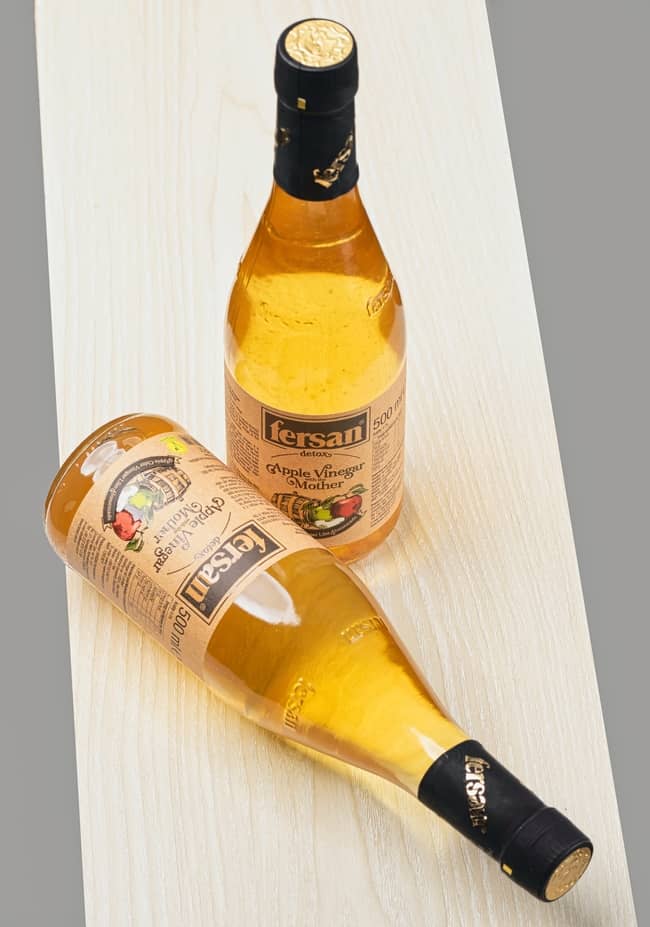
There are several differences, but the main difference is the source that they are derived from.
For example, rice vinegar is derived from rice, whereas white vinegar is derived from distilled alcohol. Though they both are similar in appearance, and both are white-colored.
But they cannot be considered identical, as white vinegar is clearly sour and harsh compared to rice vinegar which is sweet and delicate.
Hence the two cannot be substituted for one another. Different kinds of vinegar have multiple and variable uses, from food to cleaning purposes. Vinegar is composed of acetic acid and water and is a sour liquid.
5 Differences between rice vinegar and white vinegar
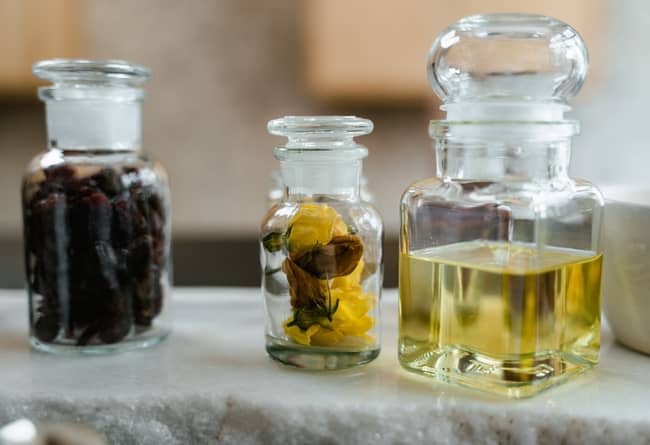
Rice vinegar is also called rice wine vinegar, and white vinegar is also called distilled white vinegar. Though both of these are vinegar, they have different forms. They differ markedly from one another. Following are a few evident differences between rice vinegar and white vinegar.
1) Taste
Though all kinds of vinegar are sour, they differ in their sourness. White vinegar is sharply sour and harsh. It has a higher acidic content.
And that is why it is used for culinary as well as cleaning purposes. Whereas rice vinegar is sweet and delicate. It is less acidic and thus used for culinary purposes alone.
2) Appearance
Rice vinegar comes with different physical appearances; it can be black, dark brown, red, or pale yellow.
Rice vinegar ranges from translucent to opaque in appearance. On the other hand, white vinegar is crystal clear, colorless, and transparent.
3) Application
Based on their different characteristics and features, the application of the two vinegar also varies. Based on its sweeter taste, rice vinegar is used for cooking purposes.
It is also served alone as a dip. It is rarely used for cleaning purposes since it leaves residue and color, unlike white vinegar.
White vinegar is used for culinary purposes, but due to its high acidic content, it is used for pickling and preserving. Given its harsh nature and lower sugar content, white vinegar is widely used for cleaning purposes.
4) Origin
As the name indicates, rice vinegar is derived from rice. Rice is first fermented and then distilled to obtain rice wine. Rice wine further undergoes distillation and fermentation process to yield rice vinegar.
The starting material used to create white vinegar is usually malt or corn. Malt or corn is fermented to produce ethyl alcohol, which undergoes a distillation process to yield white vinegar.
5) Preference In Different Regions
Rice vinegar and white vinegar not only differ in their taste, appearance, and usage but are also used differently in different regions of the world. Rice vinegar production is higher in Asia and found in countries like Japan, China, Vietnam, and Korea.
Whereas distilled white vinegar is more commonly found in Europe and the north of America.
Difference between rice vinegar vs seasoned rice vinegar

Rice vinegar is sweet and delicate, commonly used in Asian cuisines; it is used in pickles, dips, and vinaigrettes.
Seasoned rice vinegar is a rice vinegar that differs in flavor due to added salt and sugar content. Like un-seasoned rice vinegar, it is also used in Asian cuisine, especially sushi rice and Asian salads.
Seasoned rice vinegar is more flavored due to additional components like salt, sugar, corn syrup, and flavor enhancers.
Because of its wide application in sushi rice, it is also called Sushi vinegar. Since it has added ingredients like sugar and corn syrup unseasoned rice vinegar has more calories, carbs, and sodium than seasoned rice vinegar. So, if you are using rice vinegar more often, you are recommended to use unseasoned rice vinegar.
Though unseasoned and seasoned, rice vinegar is both very close to each other. Both these kinds of vinegar are made in the same way.
Rice vinegar is made by fermenting the sugar in the rice into alcohol and then distilling it. Rice vinegar is of different colors like black, brown, and red, but most commonly, it is white. It is also called rice wine vinegar. Whereas seasoned rice vinegar is made from sake or by adding sugar to regular rice vinegar. They do differ in some characteristics based on their flavor, calorie content, usage, and application.
1. Flavor
As the name indicates, seasoned rice vinegar is more flavorful and sweeter than unseasoned rice vinegar. Seasoned rice vinegar is more flavorful but less acidic, as compared to unseasoned rice vinegar.
2. Content
Since the seasoned rice vinegar has added salt, sugar, corn syrup, MSG, and other flavor enhancements, it is also high in calories and carbs compared to unseasoned rice vinegar, which has zero calories.
3. Source
Though both kinds of vinegar have rice as their starting material. Unseasoned rice is made by fermenting the sugar in rice to alcohol.
This fermentation follows the distillation process to obtain unseasoned rice vinegar. Whereas unseasoned rice vinegar is derived from sake or adding additional salt and sugar to plain rice vinegar.
4. Usage
Rice vinegar, in general, is used in Asian cuisine for salad dressing, dips, and pickles. Due to its additional sweet taste, seasoned rice vinegar is used widely in Asian cuisines, especially in Japan, for sushi rice. This vinegar is also called sushi vinegar.
So, suppose you have to choose one of the two bottles of vinegar. In that case, it is better to have plain or unseasoned rice vinegar since it can be substituted for seasoned rice vinegar. It has more health advantages, given it has a lower content of salt, sugar, and MSG. You just have to season your cuisine more aggressively to make up for the less salt and sugar content.
Alternatives to rice vinegar
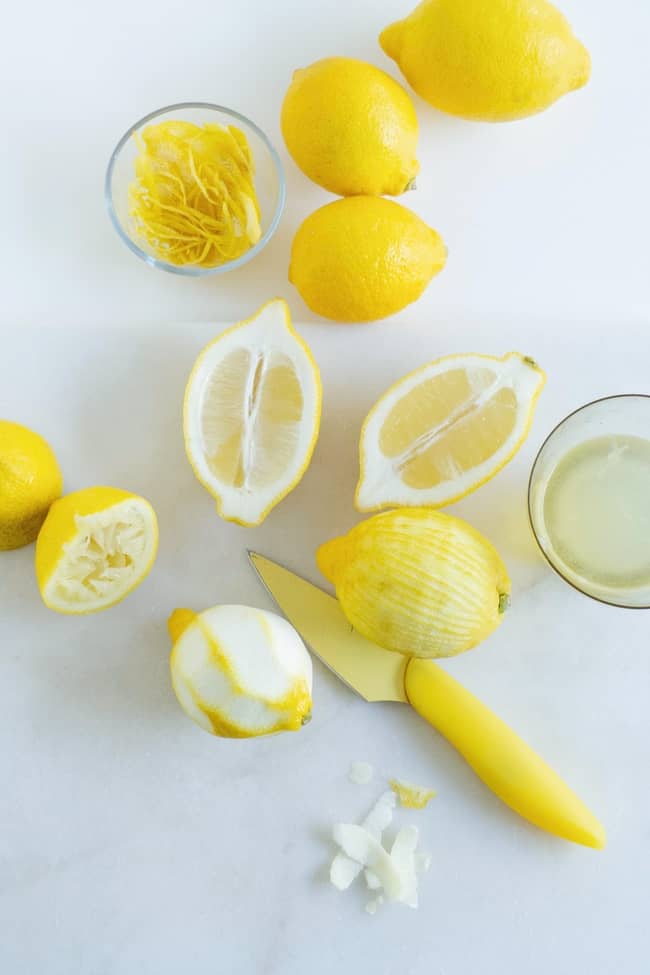
Rice vinegar is viral and widely used in different cuisine, especially in Asia, due to its aesthetic appearance, sweet and delicate flavor, less acidic nature, and health benefits.
However, some people are allergic to some components of rice, or they might not have rice vinegar available in their pantry. Several alternatives are available for these people, ranging from acidic vinegar, which comes from different staples, to citrus juice. Most of these are readily available in your pantry. Following are some suitable alternatives for rice vinegar.
Champagne vinegar
As indicated by the name, champagne vinegar is made by fermenting the wine. The starting material for champagne vinegar is grapes.
It is a suitable substitute for rice vinegar due to its delicate and sweet taste. Champagne vinegar is very light and used in the dressing of salads, but it is comparatively expensive.
Since it is fruit vinegar. It has added health benefits of controlling blood pressure, normalizing body lipid, and antimicrobial activities.
Lemon Juice
It is the handiest and readily available alternative to rice vinegar. If one does not have rice vinegar, they might have a lemon or some lemon juice or simply pluck one from their kitchen garden!
It is widely used as a substitute for rice vinegar in salad dressing; it is preferred due to its quick usage and health benefits, including the following:
- A high content of vitamin C: it has 11 mg of vitamin C per fluid ounce, which is 12% of the daily intake of males & 14.6% of the daily intake of females.
- Antioxidant: lemon juice is a rich source of antioxidants and helps prevent damage due to free radicals in the body.
Alternatives to white vinegar
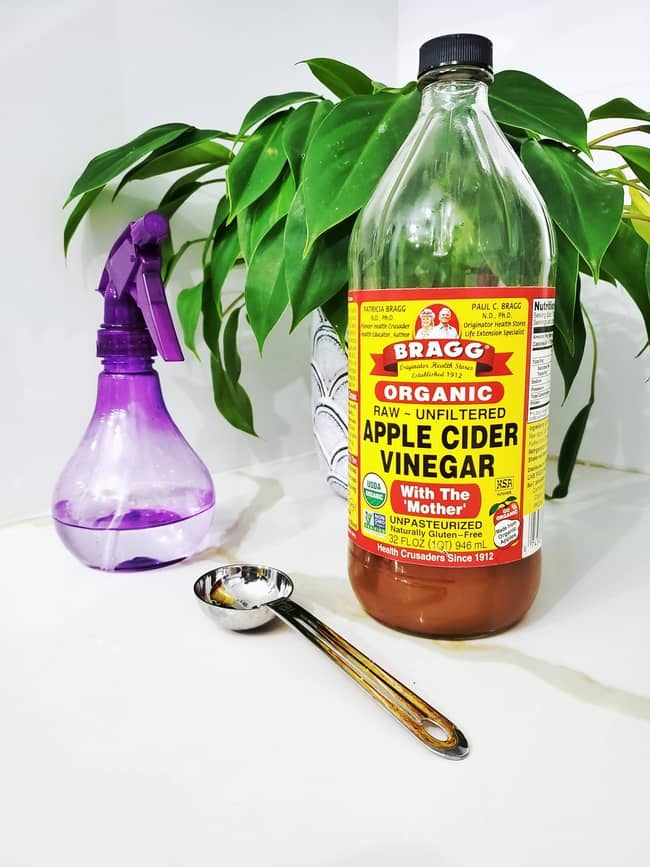
What if you run out of white vinegar during cooking in your pantry?
White vinegar has several suitable substitutes, but it depends on the use; for example, there isn’t any suitable alternative for pickling and canning, and you need to grab the white vinegar market. Otherwise, here are a few suitable substitutes for white vinegar.
White wine vinegar
The best alternative for white vinegar is white wine vinegar. Though it is milder in taste and has a fruitier flavor, it can be used as a substitute in sauces and salads.
Apple cider vinegar
Apple cider vinegar is derived by fermenting the sugars in apples into alcohol and is brown in color, and it has a sweet and fruity smell and flavor. It is used in the seasoning of different salads and Asian cuisines.
Apple cider vinegar is readily available in grocery stores. There are different brands and types of apple cider vinegar available. Some apple cider vinegar is brown and transparent. In contrast, others are cloudy because they are starting the fermentation process.
The apple cider vinegar has several health advantages: it contains antibacterial, anti-fungal, and antioxidant phenolic compounds. It also has good bacteria which support the human microbiome (good bacteria residing in your body).
Final words
Rice vinegar and white vinegar are both sour liquids containing acetic acid and water. However, rice vinegar is not the same as white vinegar due to several differences in its source, taste, flavor, appearance, color, application, and occurrence.
Both kinds of vinegar have their benefits and are consumed in different regions for different purposes. So if you enjoy a sour taste in your meals, vinegar can help you take it to the right level of tangy!
Other articles:


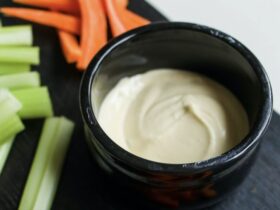

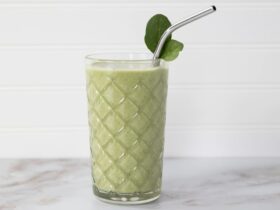
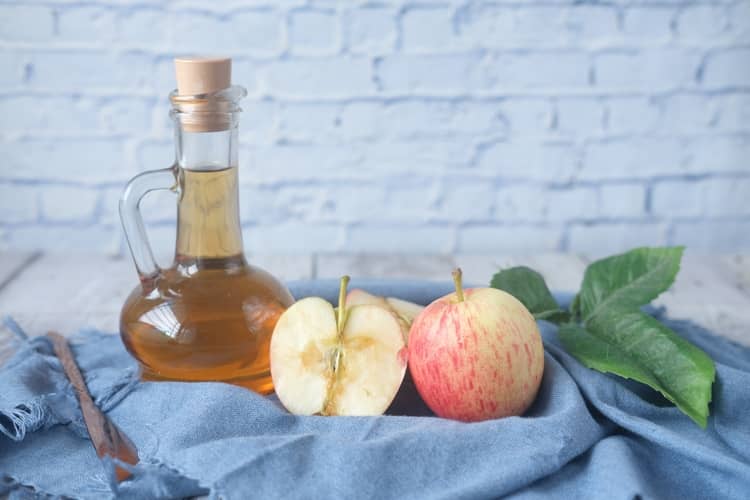






I’ve been absent for some time, but now I remember why I used to love this blog. Thank you, I will try and check back more often. How frequently you update your web site?